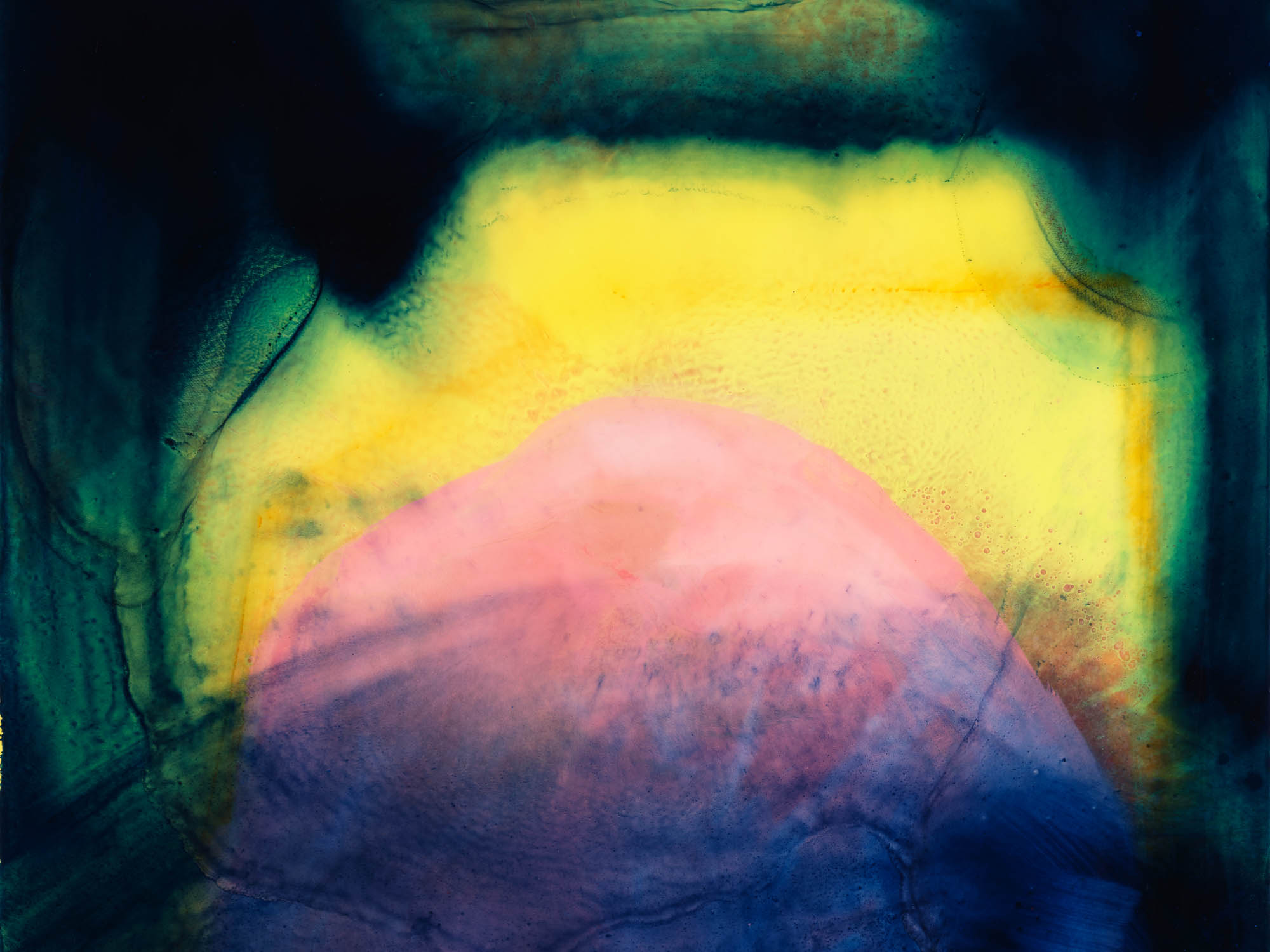He (The Lord) said to Abram:
Go from your country, your people and your father’s household to the land I will show you.1
Thomas Fuchs, in an essay, writes about the dimension of the “unlived life” and its relevance with regard to accounting for life in the face of approaching death. Drawing on aspects set out by Viktor von Weizsäcker, he deals with the discrepancy that can be found in many biographies between the original life plan and the shape of the life that has come to be, something which shows itself in intermediate evaluations as well as at the end of life.
The human being commonly falls far short of what they have set out to do in and with their life—and they sometimes suspect and know it. Much remains unlived and in the stage of possibility that never becomes a reality of life. Expectations, hopes and intentions are not fulfilled and not realized, and this of necessity and not merely as a result of human failure, as Viktor von Weizsäcker already pointed out: “We are called to freedom and condemned to it, and therefore repeatedly compelled to select the real from the possible, to separate lived life from unlived life. Since there are always infinitely more possibilities than can be realized, the abundance of what is not lived surpasses the small realm of what is really lived to an unimaginable degree. Inevitably, therefore, we also always fall short of our possibilities and cannot realize our possible existence. We are left owing ourselves something.”2
Viktor von Weizsäcker also addressed the presence of what is unfinished, understood in this way, with regard to the aetiology of disease. In his late work Pathosophie, he attributed human illnesses not primarily to the life lived and experienced—with its multitude of injuries and burdens—but to the unlived life, that is, to the pathogenically effective omissions, including the failed steps to mature which were connected with the intended but failed steps and had been indirectly envisaged. In von Weizsäcker’s understanding, manifest illnesses reveal the biographical problem: we become ill because we do not live the life that is proper to us, that is meant for us, that signifies us. However, according to von Weizsäcker, illnesses can, in a dialectical manner, at the same time become ways of enabling consciousness; that is, in their own way they allow us to catch up with missed opportunities and to take steps towards ‘subsequent maturing.’
But before this happens or comes to pass, we first must struggle. Fuchs points out that unfinished, incomplete actions are generally more likely to be remembered than completed ones—and in looking back on life, omitted actions are far more subject to regret than those actually undertaken. In looking back, people tend to forgive themselves for their mistakes resulting from their actions rather than for their omissions. Franz Kafka was not the only one to relate his fear of death to the feeling that he had not yet lived ‘properly’; that is, that he had not yet begun and led his very own life.
Following Robert Spaemann, Fuchs treats the problem that this brings to light by pointing out, among other things, that in the face of a multitude of existing life possibilities, the existence that is lived each time means a choice and limitation and thus at the same time a not inconsiderable loss of freedom. The binding decision in favor of one possibility entails the loss of all alternative options, an unavoidable dilemma from which—according to Karl Jaspers—the escape into a non-binding participation in life can be sought which shuns and avoids final commitments: “A way out is sought: no possibilities are to be lost in the realization. This is why realization takes place with the inner reservation not to grasp anything definitively but rather to deny reality, as it were, in realization. It is only intended as an attempt that can be reversed. […] Non-binding participation without actual realization keeps life trapped in indecision.”3 In the end, it is no longer an actual, true life at all.Thought processes such as these not only touch on a fundamental anthropological problem of the human being ‘condemned’ to freedom, but also point to a difficulty that is becoming increasingly important, at least within the affluent industrialized countries or their wealthy classes. For them, from holiday resorts to medical treatment or choice of partner, there seems to be an abundance of options – their existence presents itself, according to Ortega y Gasset, “as a kind of shop window of equivalent possibilities,” as a “display” of the “pretty irrelevant”. What should and can the individual choose without missing out on other things at the same time? The unlived, undecided life, seen in this light, continues to grow; it lurks in the background of biographies which become a race against time and—in the midst of ‘time-saving’ techniques—are subliminally permeated by fear and panic of missing something important (or even the real thing). In this context Fuchs also recalls Heidegger, who describes death as the “impossibility of further possibility” and approaches the phenomenon of fear of death from this perspective. As the treatment of seriously ill and dying people shows, the fear of death actually increases to the extent that central opportunities in life are experienced as missed or failed.
“Life”, writes José Ortega y Gasset in his famous essay on the centenary of Goethe’s death, means the inexorable necessity of “realizing the blueprint of existence that each individual represents”.4 The true I consists precisely of this blueprint—it has no ideal plan, but is this blueprint, is identical with it, has its being and destiny in it, even if it only vaguely knows it. Our I is our vocation and our destiny, according to Ortega y Gasset—and the drama of biography lies not only in the struggle with external circumstances, but rather with the blueprint for existence itself. Human life is its own problem; its substance is the “task,” “something that has to make itself,” and can become unfaithful to itself and its destiny or “vital vocation.” The “imperative” is part of the human being’s own reality, the “‘must-be’ of personal destiny, which has its seat in the deepest and most original core of our being.”5
Translation Christian von Arnim
Image Adrien Jutard





